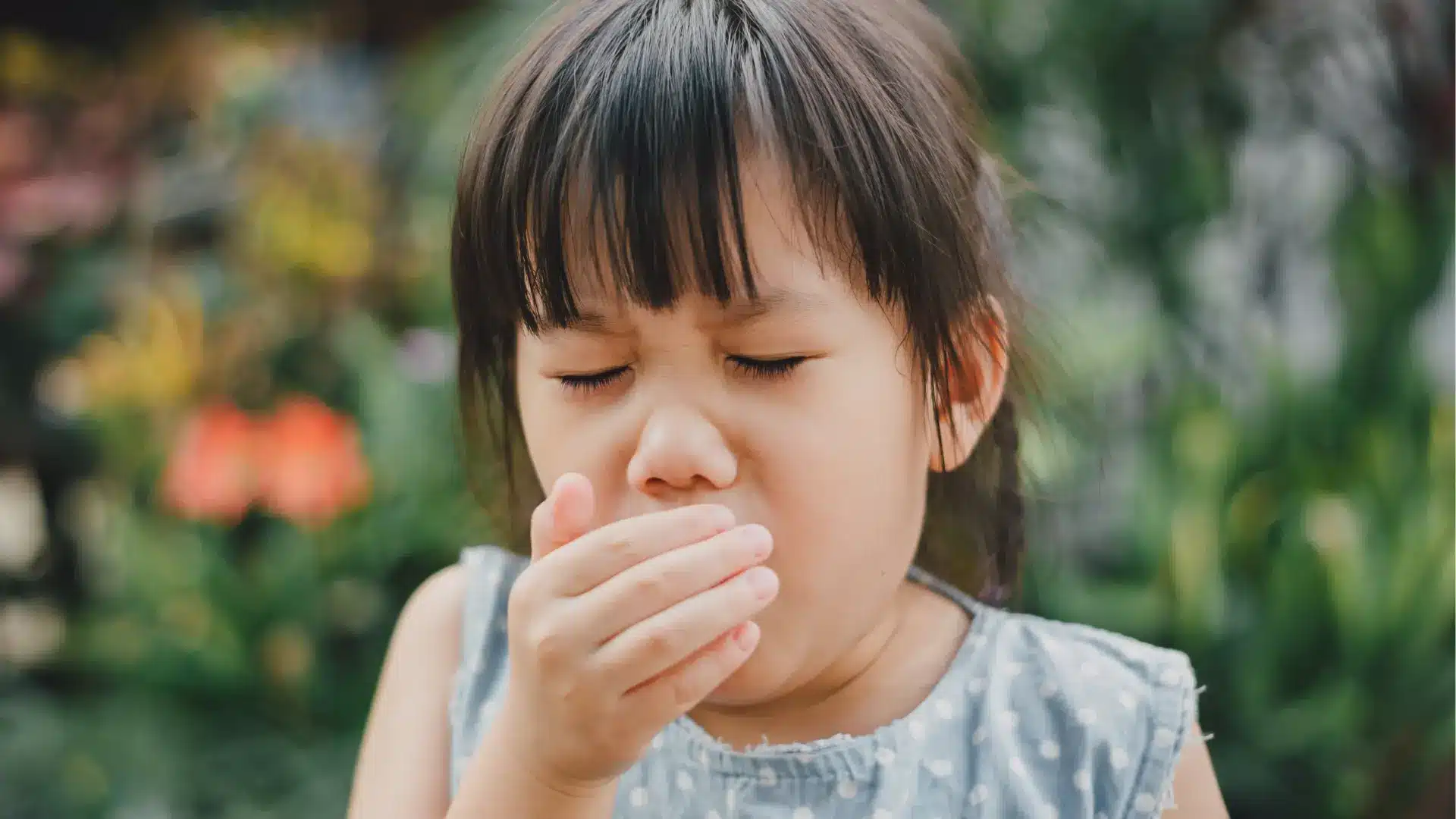
Whooping cough cases surged across Australia in 2024 surpassing 40,000 cases for the first time on record. According to Professor Nathan Bartlett from the University of Newcastle and HMRI’s Infectious Diseases Research Program, this spike is likely linked to disruptions in transmission during COVID lockdowns and low vaccination rates in adults.
“These numbers are officially out of the ordinary,” says Professor Bartlett.
“There’s been a resurgence of lots of respiratory pathogens including bacteria such as Bordetella pertussis (whooping cough) and Mycoplasma pneumoniae. Because kids weren’t going to school and had limited interaction with other kids during COVID, lots of people that would’ve been exposed avoided these infections.
“Now these pathogens are circulating amongst kids – they’ve bounced back – and lots of adults are also getting them,” says Professor Bartlett.
Whooping cough is part of the regular schedule of vaccinations for Australians and is administered as the DPT vaccination (Diphtheria, Pertussis aka whooping cough and Tetanus) at two, four, six and 18 months of age, and boosted at 12 – 13 years.
Vaccination is boosted in pregnant women at 22 – 26 weeks’ gestation and in people who are at high risk of exposure (i.e. early childcare workers).
Professor Bartlett says, “Whooping cough vaccination is not a set and forget because it doesn’t give you lifelong immunity. Boosters are free for pregnant women and vulnerable people, but you can get a booster at a GP or health clinic for a small fee. Adults need to think about these vaccinations – particularly if you are at increased risk of infection.”
“One of the worst things about whooping cough is that you can end up with a lingering uncontrollable cough that can last for months. The illness gets its name from the distinctive “whooping” sound that can occur when a person gasps for air after a severe coughing fit. This high-pitched noise is particularly common in children and is a hallmark of the disease,” says Professor Bartlett.
“It’s going to take years for the community levels of respiratory diseases to stabilise. We’ll continue to see waves and spikes of viral- and bacterial pathogens reinforcing the need for adults to assess their situation and seek vaccine boosters. Things are resetting after COVID so it will take time for equilibrium to return, says Professor Bartlett.
What is Whooping Cough?
Whooping cough, also known as pertussis, is a highly contagious respiratory disease caused by the bacterium Bordetella pertussis. Initially, it presents symptoms similar to the common cold, including:
After one to two weeks, symptoms worsen, leading to severe coughing fits that can result in vomiting or fractured ribs. The characteristic “whoop” sound often accompanies these coughs. It can last for weeks or even months and is particularly dangerous for infants under six months.
How to protect yourself and your family
Immunisation:
Preventive steps:
*HMRI has updated this story, as the situation has changed since publication, rendering the original information inaccurate.
Want to stay up-to-date with the latest medical research and evidence-based health and wellbeing news from our research community at HMRI?